A lot of preparation needs to be done well before opening day. Let’s look at what it takes to fill your tag on opening day.
First, get out your friction calls, box calls, and mouth calls. This year I will be using calls from ESH Custom Calls and can’t wait to give them a try. Handmade in the U.S.A, these calls are a s realistic as any call I have heard.
Thoroughly check each one to make sure it is ready for the season. Then go through the routine of practicing with each one. Try to mimic all the important sounds of a wild turkey – the cluck, yelp, purr, kee-kee, and the cackle.
If you are relatively new to turkey hunting, then I would suggest buying a CD of live turkey sounds. Do not just learn to make the sounds, but make sure you understand what they mean to a turkey and when to use each one.

Also, make sure you are able to vary your tone from very loud for aggressive calling down to very soft when you are working to call shy birds. While practicing your calling is important, keep in mind that you do not have to sound like a competition caller to call a turkey into shotgun range. If you have ever listened to a flock of turkeys in the wild, you quickly learn that they do not sound perfect either. If nothing else, work on mastering clucks and yelps and you should not have any trouble filling your tags – especially if you follow the rest of what this article has to share.
Many hunters believe that there is no need to sight in a shotgun. They think with all of them little pellets coming out the end of the gun, there is no way they can miss a turkey. That might be true if all shots were under 20 yards. But we all know that longer shots will have to be taken at times, and you have to know how your gun and the shell you are shooting are going to perform at longer distances. Every gun is different, and no two choke tubes or turkey loads are going to perform the same. That is why you should take the time before the season to shoot several different brands of shells from various distances to see exactly how well each one shoots.
Even though I shoot the same gun and style of shells from season to season, I still take out my Savage 320 Field Grade Turkey and Federal shells and shoot it. I want to make sure nothing has changed while the gun has been idle. Also, it gives me the confidence I need to know I can hit what I aiming at when it comes down to either filling my tag or going home empty-handed.

Many hunters spend weeks, even months, scouting and preparing for deer season, but when turkey season rolls around, they just wait until the night before to try and roost a bird. Nothing will prepare you better to bag that tom on opening day more than a little preseason scouting. In the weeks leading up to turkey season, the birds are pretty consistent in their daily routine, and a little bit of scouting can go a long way.
Start a few weeks prior to the season by simply getting out early in the morning and listening for birds to gobble. Once you have located some birds, take note of where they are roosting and the direction they head once they fly off the roost. This will give you a good starting point, so in the following weeks, you can focus on getting a feel for their normal travel routes throughout the day.

When you are scouting preseason, it is not only important to know the patterns of the birds in the area, but also know the land on which you will be hunting. That means knowing the ridges, the hollows, the creeks, the forest openings, as well as any fences or natural travel barriers in the area. When trying to get set up on a gobbling bird, this knowledge can be priceless.
Regardless of how much you prepare for turkey season, there are never any guarantees that you will fill your tag on opening day. However, by taking the time to practice your calling, pattern your shotgun, and scout for hunting areas, you can certainly put the odds in your favor. That way, even if you do not fill the tag on the first day, you will be ahead of the game in the days ahead.







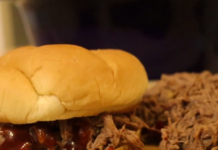

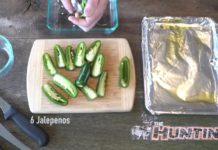

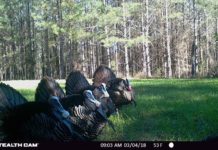

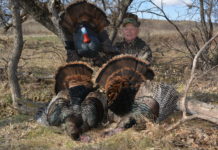

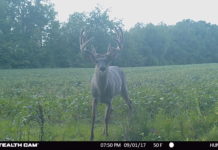
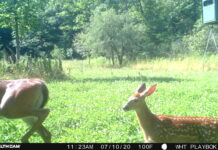
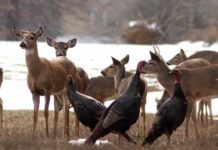

![The Best Deer Camp Chili [VIDEO] Deer Chili Ingredients, Tomatoes, Chili Spices](/wp-content/uploads/2015/10/Deer-Chili-Deer-Camp-Recipe-218x150.jpg)
![How to Call Elk Early in the Season [VIDEO]](/wp-content/uploads/2016/08/byers003-218x150.jpg)



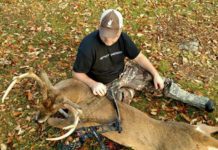


![Idiots Disturb Hunter: How Would You Have Handled It? [VIDEO]](/wp-content/uploads/2015/10/DSC00110-e1474487693878-100x70.jpg)
![Albino Buck Shocked to Shed His Antlers [VIDEO]](/wp-content/uploads/2015/10/AlbinoDeer-100x70.jpg)